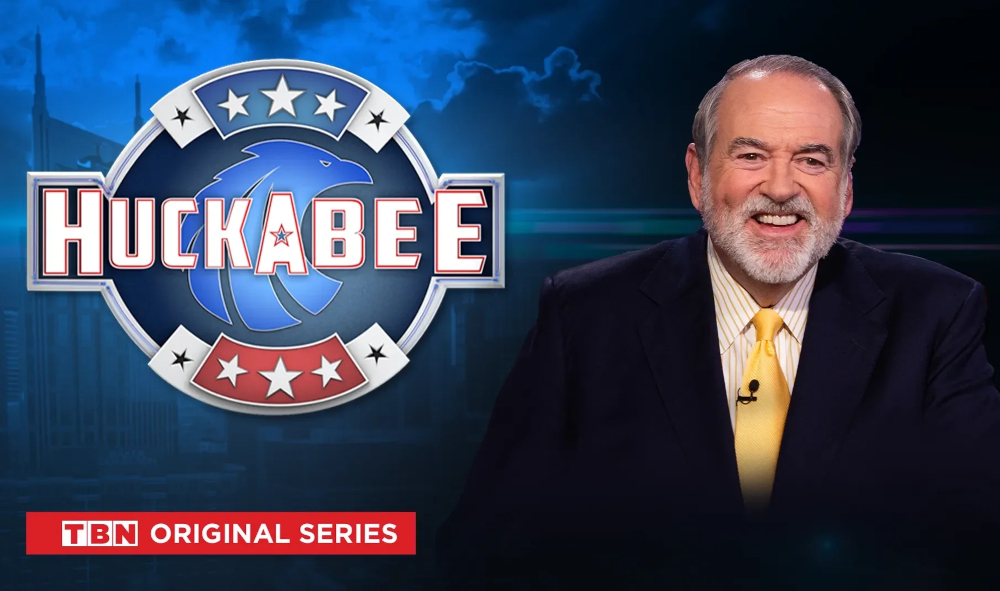A federal judge has dismissed a lawsuit filed by former Arkansas Gov. Mike Huckabee against Meta Platforms Inc., the parent company of Facebook and Instagram, over advertisements falsely claiming Huckabee endorsed CBD products.
Huckabee, a two-time presidential candidate and political commentator, alleged that Meta profited from the fraudulent ads promoting Fortin brand CBD gummies, which used his name and likeness without authorization.
U.S. District Judge Gregory Williams concluded that while Meta is not entirely shielded by Section 230 of the Federal Communications Decency Act (CDA), Huckabee nonetheless failed to prove that Meta acted with actual malice or reckless disregard for the truth. The judge noted that Huckabee’s claims of invasion of privacy, unjust enrichment, and violation of Arkansas’ Publicity Protection Act lacked sufficient evidence to proceed.
“It is not reasonable to infer that Meta entertained serious doubts about the asserted advertisements since Gov. Huckabee has publicly denounced marijuana,” Williams wrote in his ruling. The court also pointed out that Meta was under no obligation to verify the accuracy of the advertisements.
Section 230 of the CDA, enacted in 1996, provides legal immunity to online platforms for content posted by their users. It shields platforms like social media sites, forums, and other internet services from being held liable as publishers or speakers of third-party content. Section 230 has faced criticism, with some arguing it grants too much protection to platforms profiting from harmful or misleading content, prompting calls for reform.
Fabricated
Huckabee’s lawsuit, filed in July 2024, stemmed from ads that mimicked the appearance of a Fox News webpage and falsely attributed quotes to him. The ads suggested Huckabee was leaving his show on the religious channel Trinity Broadcasting Network due to an autoimmune disease and had turned to CBD gummies as an alternative treatment. The lawsuit claimed the ads were active on Facebook from April 9 to at least June 6, 2024.
Huckabee was falsely quoted as saying, “CBD cured me and can save American lives,” with his improved health attributed to the products. The ads also misleadingly identified him as the CEO of the company associated with the Fortin-branded product.
Huckabee sought damages under Arkansas’ Frank Broyles Publicity Protection Act, which protects individuals from unauthorized commercial use of their names and likenesses, as well as punitive damages and an injunction to stop the ads.
Exploiting celebs
Huckabee’s experience is not unique. Fraudulent CBD endorsements have become widespread, exploiting the likenesses of numerous celebrities. High-profile figures such as Clint Eastwood, Tom Hanks, Oprah Winfrey, and Ellen DeGeneres have all been falsely linked to CBD or other health products in deceptive advertising campaigns. Eastwood won a $6.1 million judgment in 2021 after his name and image were used without consent in a similar scam.
Other victims of fake CBD endorsements include Fox News personalities Laura Ingraham, Jeanine Pirro, and Sean Hannity, CNN’s Sanjay Gupta, and country music star Blake Shelton. Even former President George W. Bush has been targeted.
Implications
While Huckabee’s case was dismissed, the court’s finding that Meta can sometimes be treated as an “information content provider” could set a precedent for future lawsuits. It underscores growing concerns about the role of social media platforms in hosting and profiting from deceptive advertising practices.
For the CBD industry, the cases highlight the reputational risks associated with fraudulent marketing. Legitimate CBD businesses must contend with the fallout from bad actors exploiting public figures to promote unverified claims, further complicating efforts to establish trust in the industry.
As fraudulent advertising practices proliferate, scrutiny of both social media platforms and the CBD sector is likely to intensify, with calls for stronger consumer protections and regulatory oversight.

